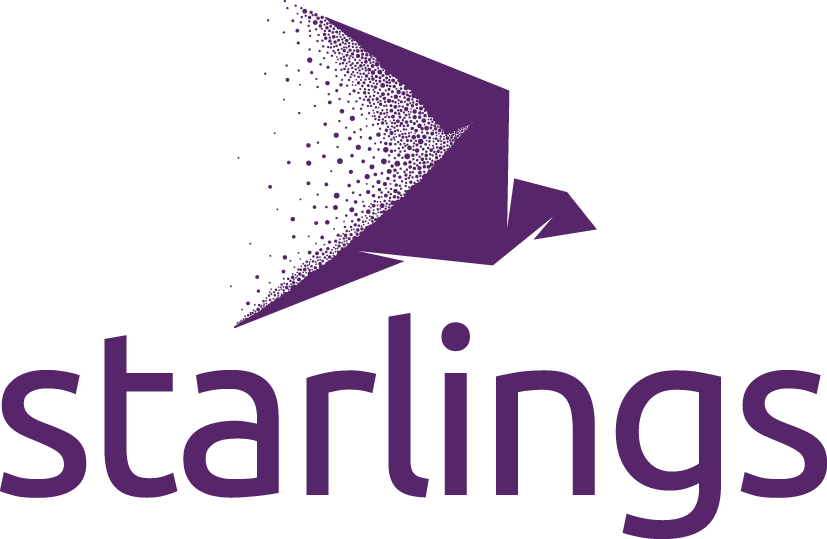
09 Feb How to Avoid a Healthtech Bust
For healthcare tech, 2020 was the “most-funded year in history,” witnessing a staggering $21.5 billion, or a 55% increase in investment dollars over the previous year. Gung-ho investors are quite certain that this boon couldn’t possibly lead to a bust – and I’d like to believe them.
But we’ve seen these hot-and-heavy romances between investors and startups flame out before, particularly with startups that didn’t have the goods to match the hype (looking at you, Theranos). It is likely that the coming months will expose COVID contortionists, struggling companies with limited to no relevant expertise that bent themselves into knots to appear to offer COVID solutions.
When the inevitable headlines start exploding, I hope seasoned investors don’t get distracted by the noise. For many investors, the desire to back a startup in this space was driven by a call to arms in the face of a deadly foe. But even these investors don’t want to lose millions. Learning what worked – and what didn’t – in this unique moment will be critical to preventing a health tech boon from leading to a whimpering bust.
Getting It Right
One of my favorite quotes, usually attributed to the Roman philosopher Seneca, perfectly captures where health technology is at this time: “Luck is what happens when preparation meets opportunity.”
Companies like Teledoc, Moderna and Ellume had poured years of research and product development into solutions that happen to fit our unique 2020 moment. By the time Moderna formed in 2010, its leading researcher had already invested three years teasing out the medical possibilities of modified messenger RNA. So, while the world gushed over Moderna’s “warp speed” vaccine development, in reality the company’sthree-week turn-around time was 13 years in the making.
Teledoc was similarly poised for success, gaining telehealth market dominance primarily by being first. Teledoc was founded back in 2002, when the handful of people who bothered to contemplate virtual medicine considered it “unethical and inappropriate.” It went public in 2015, further pushing it past its VC-supported competitors. When the pandemic hit, and virtual care became indispensable (and widely reimbursable), Teledoc was able to position itself as one of the only games in town.
The pandemic also made winners out of companies with strong COVID-19 solutions, even if those solutions were not first-out-the-gate. This week, Ellume, an Australian digital diagnostics company that got its start during the 2010 swine flu epidemic, received emergency use authorization from the US FDA, along with a $230M deal from the DOD and HHS, for the first over-the-counter, fully at home COVID-19 test. While EverlyWell’s at-home test was the first to receive FDA approval, Ellume’s test is less expensive, more convenient and faster. EverlyWell requires you to mail your test back and wait 2-3 day for results. Ellume’s test takes 15 min and sends the results to your phone. And at 95% accuracy, Ellume’s success has many exciting implications, beyond Covid, for fully at home testing.
Getting it Wrong
One of the gambles of betting on a startup is that when everyone is in the race, the company with the longest legs is likely to get to cross the finish line first. As Venrock partner Bryan Roberts told TechCrunch, “It was a problem tailor-made for an existent or large company to tackle, not a startup. Startups take 12 or more months to find their way out the front door, and the problem is largely solved by then by one of the very large competitors.”
Of course when it comes to biotech, biology is hard, and having the advantage of incumbency doesn’t protect a company from failure. Australian biotech company CSL seemed to be on the path to a promising COVID vaccine using small components of HIV as a “molecular clamp” to help sneak its way inside cells. Not only did the vaccine not work, but volunteers who received the shot were turning up positive on HIV tests. (They did not have HIV.) Those false positives not only doomed the CSL vaccine but fed the conspiracy mills for all other vaccines.
Investors need to gird themselves for these types of losses and look for nimble partners who understand when to pivot. In CSL’s case, for example, they’ve shut down their own vaccine development and are manufacturing competitor vaccines.
While investors need strong stomachs, startups need strong data. To compete in a tight health tech space, founders and CEOs need to be honest with themselves. Do you have the science, the know-how and the team to succeed? It’s easy to talk yourself into a narrative about what makes you special, but smart investors need to see proof, or else they’ll start looking elsewhere.
What’s Next?
Even if a startup does have what it takes to “win” the pandemic, then what? Startups that pitched razzle-dazzle COVID tentpoles will have to pick up their stakes once this pandemic circus (finally) leaves town.
The issue of scalability is currently gnawing at Curative CEO Fred Turner. Curative formed in January 2020 as a sepsis detection company but pivoted to offer self-administered COVID tests three months later. This move allowed it to capitalize on federal funding and grow in record time.
Things were going great, and they still technically are, even after the FDA issuedwarnings about the accuracy of Curative’s tests. Still, Turner has often expressed concern about riding the COVID wave – and where the company would land once that wave broke. It is a challenge common to CEOs who find themselves turning what is essentially a pop-up into a full-fledged, sustainable business.
“We’ve begun thinking about what we can do with the infrastructure that we’ve built,” Turner told a reporter.
One of the issues facing COVID-centric companies is just how acquirable and valuable they will be once the pandemic runs its course. A company valued at $300 million in 2020 could limp toward Q4 of 2021 valued at $20 million. Here, foresight and planning can make all the difference.
The writing is on the wall for telehealth, which will undoubtedly see a drop in usage once in-person medical visits become routine again. To position itself for post-pandemic growth, Teladoc acquired Livongo, all but ensuring its future success.
It’s heartening to see smart moves like this one as we approach the COVID finish line. Failures are expected in the startup world – particularly in the healthcare startup world. But if the losses outweigh the successes, the repercussions could be felt throughout the health tech industry for years.
Time will tell how history judges this record year in health tech investments, but one sobering thought has to be keeping some investors up at night: 2020 was also the 20-year anniversary of the dot.com bubble burst. Let’s hope an accelerated health tech market boon does not portend an accelerated bust.
The above article is featured on the substack Grossly Normal — subscribe here.
